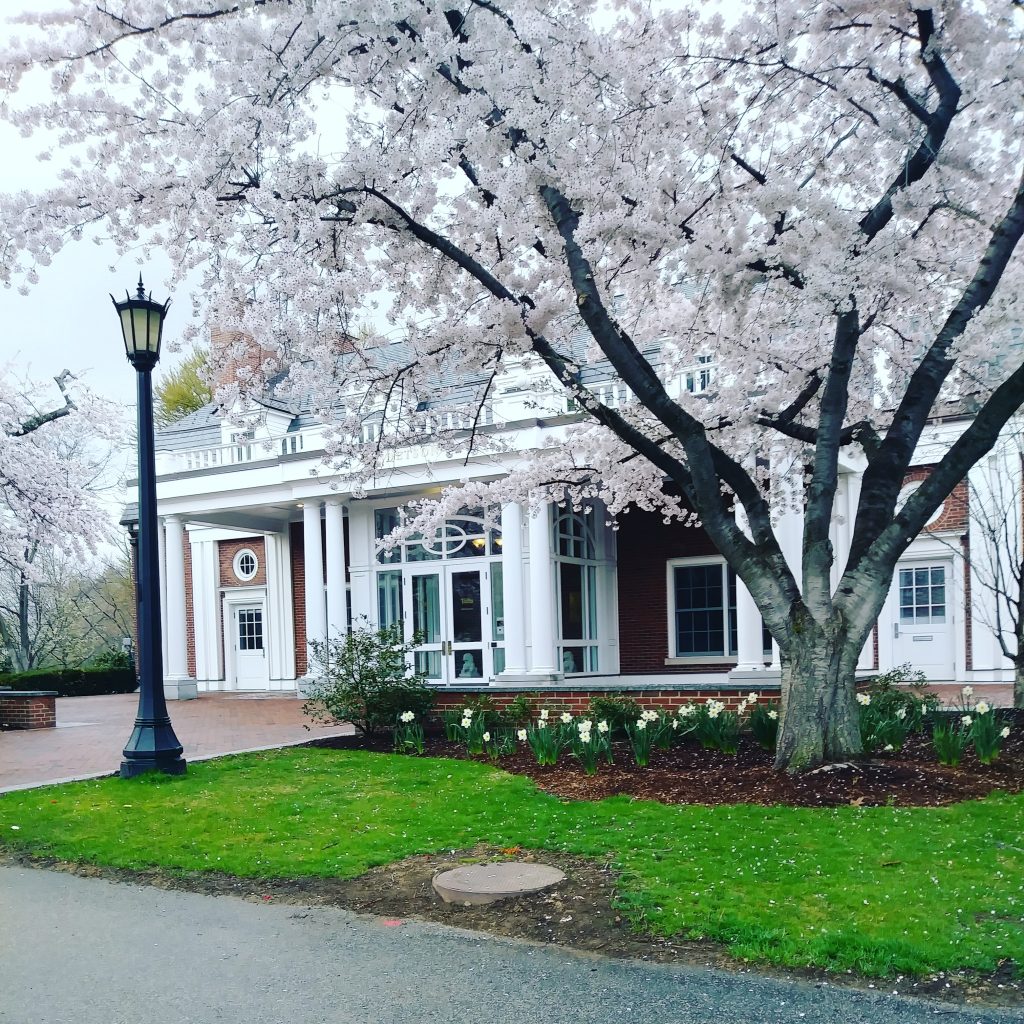The Academic Resource Center, or ARC, as it is more commonly referred to, offers multiple dynamic programs which aim to support Tufts students. You may not realize that the ARC also caters to graduate students and offers three programs to choose from! The Time Management and Study Strategies program, Writing Program, and English for Academic Purposes program were all created to help students through the challenges they commonly face. In the first of a multi-part blog series shining a spotlight on the ARC’s programs, we’re going to talk about the Time Management and Study Strategies program.

Written by Manisha Raghavan, Bioengineering M.S. 2019
The Time Management and Study Strategies Program (TM&SS for short) traces its roots back to 2004 when Lara Birk, the head of Subject Tutoring, noticed undergraduate students struggling with their time management skills. Lara hired doctoral student Laura Vanderberg as an intern to design a structured program to support students in honing their time management, which became officially known as the Time Management & Study Strategies Consulting program in 2008.
TM&SS is a very unique program which focuses on developing a personalized, collaborative relationship between the student and the consultant, who then work together on the changes the student wants to make. Claire Weigand, Assistant Director of the ARC, strongly believes that the program has something to offer to everyone. Each year during staff training, the consultants (who are also grad students) report learning strategies and concepts that they find personally useful in grad school. The TM&SS program receives requests from a wide variety of students who often find themselves experiencing burnout, procrastination, anxiety, struggles with sleep and so on. The program operates on the philosophy that change is possible, while recognizing that change involves a mixture of setbacks and growth.
What can I work on with my consultant?
If you find yourself working on your planning, motivation, study strategies, test anxiety, perfectionism, self-care or work-life balance, it is worth giving TM&SS consulting a try. TM&SS consulting focuses on three areas: planning (routines, busy weeks, goals, etc.), academic skills (reading large amounts, note taking, studying, test taking, etc.), and well-being (life balance, motivation/procrastination, self-care, etc.). You can sign up, get matched with a consultant within two days, and then meet for the first time to see if this is something that helps you make the changes you are working on.
How does the program work?
To request TM&SS consulting, fill out a sign-up form at go.tufts.edu/tmsssession. The program director matches students with consultants based on the information in their answers. Students are asked about what they would like to work on and what they look for in a consultant. It is important that each student feels accepted and understood by their consultant, so matching is based on schedule overlaps and each student’s preferences around shared life experience (gender, race, sexuality, personality traits, field of studies, etc.). The process also offers the flexibility to swap consultants if a student feels like they are not working well with a consultant.
TM&SS is available for both undergraduate and graduate students in the School of Arts and Sciences, the School of Engineering and the SMFA. For graduate students, depending on the consultant’s availability, sessions can be conducted over both winter and summer breaks.
Want to work as a TM&SS consultant?
Look out for the job posting starting in mid-April on Handshake and keep your cover letter and CV/resume handy! Candidates must be able to attend the entire 40-hour paid training week, the week before orientation in August (August 19-23, 2019).
Want some advice without scheduling an appointment yet? Here are some mantras from the program to help you cope with the pressures of grad school:
- Take effective breaks! One ends up being more productive when one takes timely breaks.
- Gratitude journaling is a wonderful way to start appreciating the good things in life we often do not notice, which can boost motivation and our mood.
- Sleep improves learning! Cutting back on sleep to get more done quickly stops working as everything takes longer to get done when we are tired.
My consultant was absolutely wonderful… She helped me develop skills that will be valuable in my post-Tufts life. She was a fantastic part of my network of support this semester.
-Anonymous Tufts Grad Student

